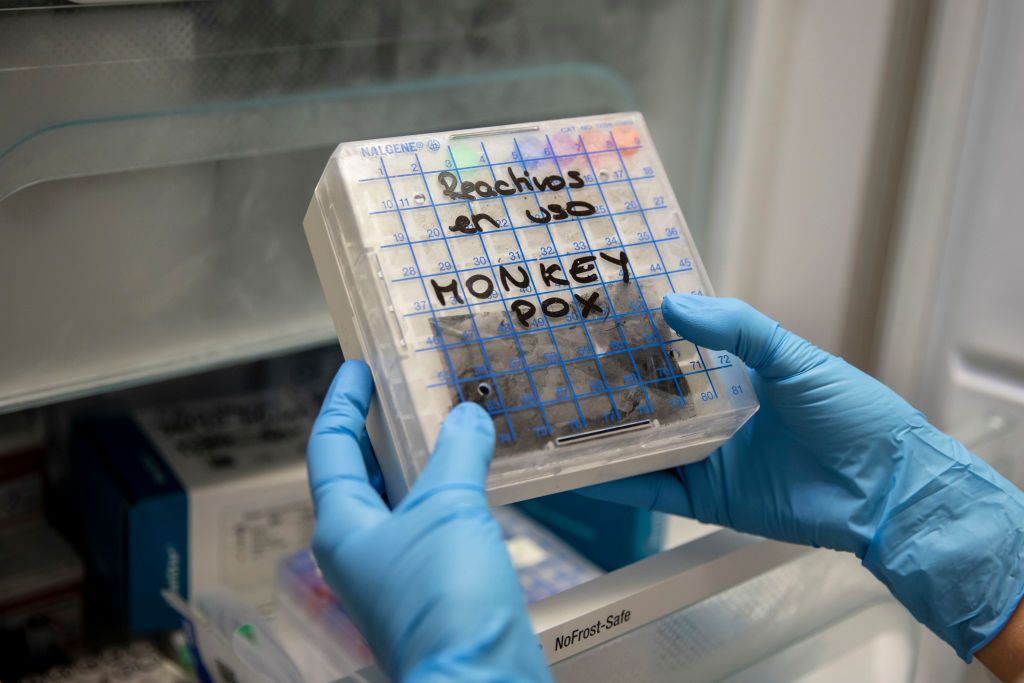Since the World Health Organization’s declaration that monkeypox, now known as mpox, is no longer a Public Health Emergency of International Concern, the disease has continued to rapidly spread worldwide, leading to a significant surge in cases.
Throughout the ongoing global outbreak, which began a year ago, approximately 88,000 individuals in 111 countries have been infected. Adding to the distress, researchers have recently identified a necrotizing form of mpox with a high fatality rate among individuals with advanced HIV, as reported by Gavi, the Vaccine Alliance.
Experts expressed heightened worries about the disease’s prevalence in regions such as Africa, Asia and Latin America, where limited or non-existent access to vaccines compounds the challenges.
China has observed a cluster of cases, including in Beijing, prompting the country to reinforce monitoring efforts at entry points, conduct investigations of suspected cases, collect samples and perform laboratory testing. Similarly, Japan has seen an increase in cases since March 2023, indicating ongoing local transmission within the country.
Japanese researchers conveyed their concerns about the potential unchecked spread of the epidemic in a recent letter published in The Lancet. They emphasized that the key to curbing mpox’s spread in Asia is to have a widespread rollout of the vaccine in low- and middle-income countries.
Despite commitments made by wealthier nations, African countries have yet to receive any mpox vaccines. While the world recognized the disease’s threat a year ago, the continent, which has long experienced outbreaks, remains at the back of the line for vaccine distribution.
The Jynneos smallpox vaccine, manufactured by Bavarian Nordic, has gained approval for use in mpox patients, with many affluent nations securing millions of doses.
A recent study published in Eurosurveillance revealed that the Jynneos vaccine, when used for post-exposure prevention (PEP) of mpox, exhibited an adjusted…
Read the full article here








